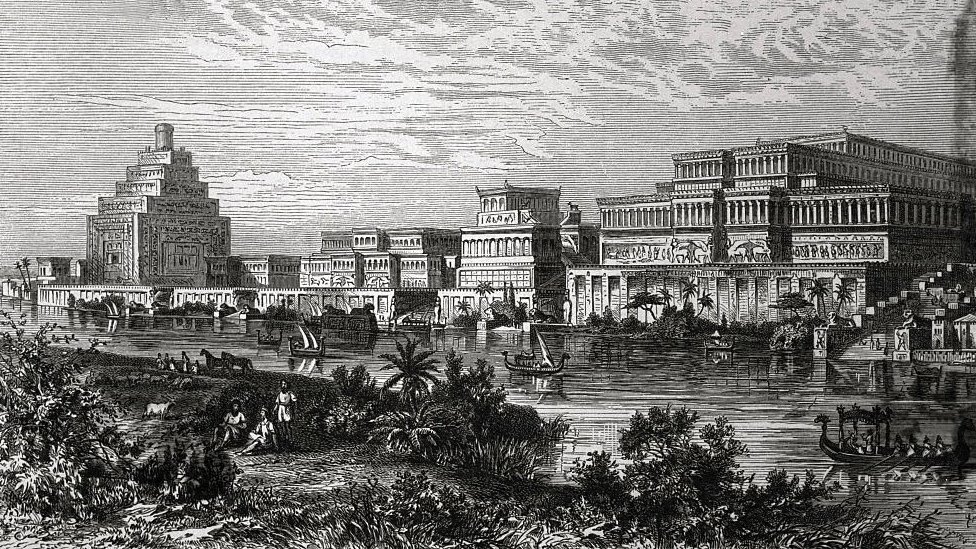Anthropology
Related: About this forumThis Is The Oldest Kingdom In The World
BY AMY BEEMAN JUNE 17, 2025 8:37 PM EST

Lands and people ruled by kings and queens seem built into human civilization, but it all had to start somewhere. Prior to that, it's hard to know what leadership looked like amongst our ancestors largely because there wasn't written language. That all changed during the so-called "cradle of civilization," in Mesopotamia, a territory that covered parts of modern-day Iraq, Kuwait, Syria, and Turkey. Greek for "between two rivers," Mesopotamia developed between the Tigris and Euphrates rivers and was dubbed the "Fertile Crescent" by a 20th-century Egyptologist.
Civilization evolved in the region over thousands of years. As long ago as 10000 B.C., early agriculture took root. Over the next few thousand years, pottery was created and cured in ovens and the ancient city of Nineveh was settled. Between 6000 and 1750 B.C., the Sumerian civilization thrived and various cities were established. Within those cities and villages, Mesopotamians invented many things we still use today, and about 4,000 years ago, the first kings started popping up, some with more influence than others.
Mesopotamia introduced math, law, beer, and kings
What we consider civilization today was marked by a change of lifestyle among Mesopotamia's inhabitants. Specifically, they went from being nomadic to forming permanent settlements, which turned into villages and cities. People in the settlements grew crops, raised animals, and became proficient in particular jobs. They invented the wheel, brewed beer and wine, and wrote laws and codes. In fact, one of the biggest reasons we know about this time period is because Mesopotamians were among the first people to develop writing systems and recordkeeping.
Mathematicians and astronomers emerged, and the intellectuals of the era developed the system of time we still keep, breaking it up into increments of seconds, minutes, and hours. But all of that didn't make it a kingdom.
Actually, there were lots of different cultures and no real central city, and while Islam is the dominant religion in the region today, ancient Mesopotamians were polytheistic. Yet they were also very dedicated to their many human-like gods and worked to meet their needs and keep them happy, which Brittanica says was their life's priority back then. Amidst the intellectual, architectural, and agricultural progress, the Early Dynastic Period started in 2700 B.C. With it came several early kings that ruled over individual cities, but the one credited for uniting the entire region and establishing the world's first empire was Sargon of Akkad, who reigned from 2334 to 2279 B.C.
More: https://www.grunge.com/1881124/oldest-kingdom-world/
pwb
(12,552 posts)to listen to 250 year old punk countries like us eh?
LT Barclay
(3,176 posts)The first time someone spoke up and said he wanted to be king, the others should have snuck up behind him and dispatched him with a rock and repeat as necessary until that desire was out of the gene pool. Then we wouldn’t be in the mess that we are in.
